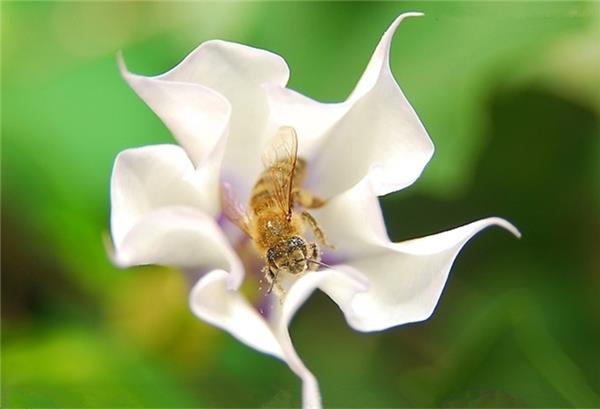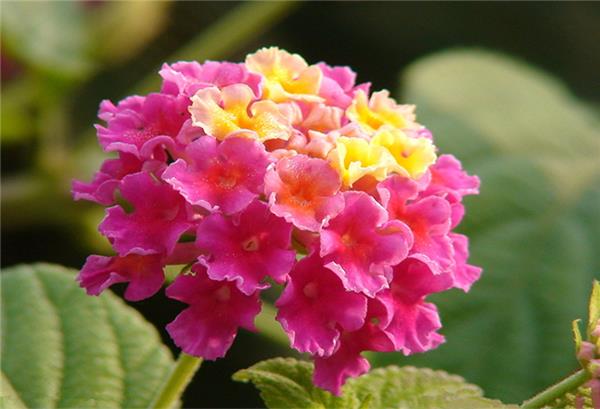Fengshui of plants you don't know: plants that have slept in those years
How affectionate it is to plant flowers and plants in the bedroom for those who love life and love small feelings. But have you really thought about it before choosing a plant and sleeping with it? Let's go into the fengshui of plants you don't know: the plants that have slept in those years!
[recommended reading] what flowers do you want to send for the Spring Festival? Why do succulent plants turn red? Knowledge of plant fengshui: what are the fengshui plants at home?
Fengshui of plants you don't know: plants that have slept in those years
-

Plant harem, is there room in your bedroom?
-
If your bedroom is small and unventilated, it's best to give up the idea of sleeping with plants. Like humans, plants breathe in oxygen and exhale carbon dioxide all the time. During the sunny day, they can still carry out photosynthesis, produce oxygen and make up for consumption; at night, they can only compete with you for oxygen. Especially in winter, the bedroom doors and windows are closed, there may be a little lack of oxygen, put too many plants, especially oxygen-consuming broad-leaved plants, beware of nightmares.

Magnolia is one of the most common indoor plants, with its unique shape and hanging arrangement, it is full of beauty.
Watch out! Plant smell or trouble.
--
Plants with strong flower scent or special smell are not suitable to be placed in the bedroom for a long time.
The habit of plants to produce volatile gases is mainly to attract insect pollination or deworming, which is generally not aimed at humans. However, some gases happen to cause serious harm to the human body, such as mandala, marijuana, honeysuckle and so on. Their volatile gases alone can cause neurotoxicity; poisonous wheat and ragweed can cause rhinitis and shock; volatile terpene esters contained in Euphorbiaceae and Daphneaceae can cause skin and mucosal irritation poisoning.
In addition, there are some similar experiences generally recorded in the garden literature, such as those of the genus cloves: the smell emitted by night cloves, geraniums, and five-colored plums is easy to cause too strong stimulation to people's sense of smell in confined spaces, which may cause dizziness, chest tightness, and irritability.

Geranium

Datura

Five-colored plum
How to choose plants for the bedroom?
--
If you have a pollen allergy or asthma, don't grow flowers in your bedroom. If you really want to keep them, you should also choose plants that are not in bloom or are not in bloom, and invite them out of the bedroom every night.
There are other considerations for the choice of plants in the bedroom. For example, in order to make the mood quiet, it is not appropriate to place plants with too bright colors. For example, from the perspective of safety, try not to choose cactus and other plants with needles. And if you keep an orchid, don't hang it at the head of the bed, or any other position where you may knock or fall.
Conclusion: generally speaking, apart from the above basic points, there are no special taboos about growing plants in the bedroom. Choose the variety you like, dig the earth and build a harem.
[
- Prev

The influence of green pineapple on household style
The influence of green pineapple on household style
- Next

Explanation of cultivation techniques of Cymbidium lanceolata Analysis of planting techniques of Cymbidium
Explanation of cultivation techniques of Cymbidium lanceolata Analysis of planting techniques of Cymbidium
Related
- Wuhan Hospital Iron Tree Blooming Result Was Instantly Frightened by the Gardener Master
- Which variety of camellia is the most fragrant and best? Which one do you like best?
- What is the small blue coat, the breeding methods and matters needing attention of the succulent plant
- Dormancy time and maintenance management of succulent plants during dormancy
- Minas succulent how to raise, Minas succulent plant pictures
- What are the varieties of winter succulent plants
- How to raise succulent plants in twelve rolls? let's take a look at some experience of breeding twelve rolls.
- Attention should be paid to water control for succulent plants during dormant period (winter and summer)
- Watering experience of twelve rolls of succulent plants
- Techniques for fertilizing succulent plants. An article will let you know how to fertilize succulent plants.

